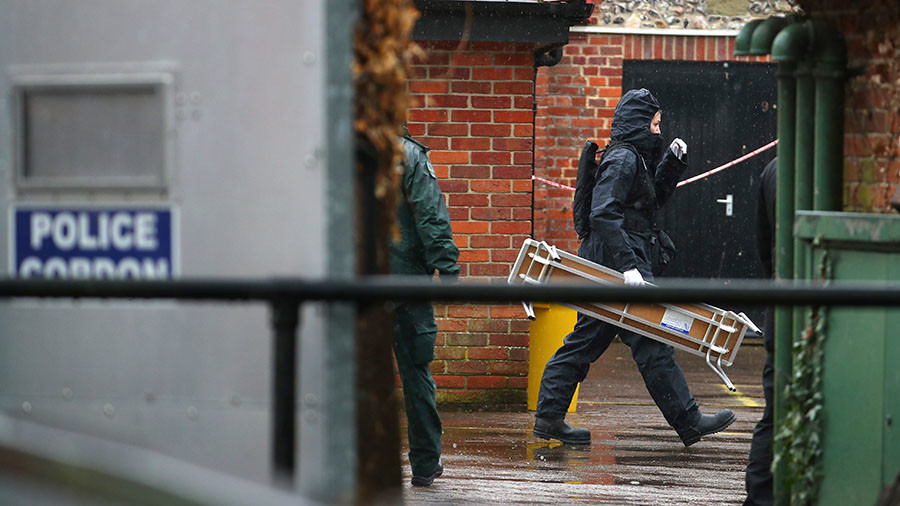OPCW confirms British findings over substance used in Salisbury poisoning

The OPCW has released its findings into the Skripal poisoning, the watchdog confirming the British conclusions over the nerve agent used. It did not elaborate on the origin of the substance only detailing its chemical make-up.
The OPCW says it has confirmed British findings on the nerve agent used in last month's poisoning of former Russian double agent Sergei Skripal and his daughter Yulia in the southern english city of Salisbury.
The testing was carried out by four laboratories affiliated with the Organisation for the Prohibition of Chemical Weapons at Britain’s request. The watchdog did not assign blame for the attack or specifically name the chemical agent in the summary of its findings.
"The results of analysis by OPCW-designated laboratories of environmental and biomedical samples collected by the OPCW team confirm the findings of the United Kingdom relating to the identity of the toxic chemical that was used in Salisbury and severely injured three people", the OPCW said.
UK Prime Minister Theresa May declared on March 12 that the Skripals had been poisoned with a military-grade nerve agent identified as A-234 (also known as Novichok).
The part of the report that has been released does not specifically name 'Novichok', and it does not suggest where the nerve agent may have come from.
Russia has consistently denied any involvement in the poisoning. Kremlin spokesperson, Dmitry Peskov, said Britain would have to apologize to Russia for its “mad accusations”.
The OPCW will hold a special session on the incident next Wednesday.


No comments:
Post a Comment
Note: Only a member of this blog may post a comment.